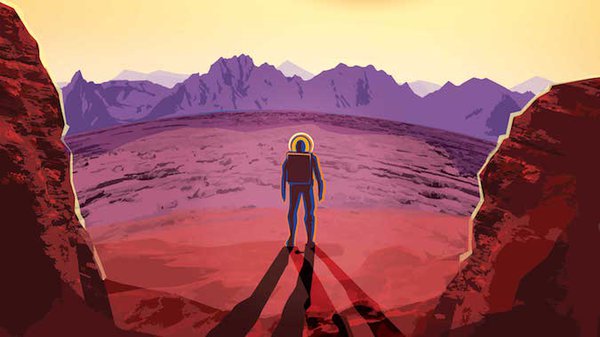In the span of just a few weeks in mid-2035, two seismic developments emerged—one looking outward to the vastness of space, the other inward toward the very essence of our existence. These advances are not just headlines—they are signposts of a future where limitless opportunity and personal transformation collide.
New Careers Among the Stars
In a bold forecast that feels straight out of sci-fi lore, OpenAI CEO Sam Altman declared that by 2035, the workforce may extend well beyond boardrooms and cubicles. He predicts that members of Generation Alpha—those born roughly between 2010 and 2025—might bypass traditional office jobs in favor of high-paying roles in space industries like asteroid mining, off-world colonization, and space exploration. These roles, Altman argues, will be enabled by exponential advancements in artificial intelligence, robotics, and automation. While some thinkers caution that AI may dismantle entry-level white-collar jobs, Altman and others such as Nvidia’s Jensen Huang see this shift as a powerful opportunity for societal evolution.
This isn’t just a prediction—it’s a clarion call reshaping how educators, policymakers, and learners envision their future trajectories. What will education look like if your home planet isn’t the only office? How will families prepare children for career paths that begin off-worl
The Invisible Smartphone—Your World, Reimagined
Meanwhile, on Earth, our relationship with personal tech is quietly being redefined. Forecasts suggest that by 2035, today’s pocket-dwelling smartphones will evolve into immersive digital overlays, accessed via AR glasses, lightweight lenses, or voice commands—no longer a device we hold, but an immersive experience that lives in our environment.
Leading tech firms like Samsung and OnePlus are already exploring AI-enabled wearables that interpret context, anticipate needs, and connect apps seamlessly. Imagine getting step-by-step cooking guidance projected onto your stove as you prepare dinner or seeing your inbox appear in your vision as you walk—not through a screen, but as part of your view. Intelligent prediction, contextual automation, and intuitive design promise a future where technology adapts to us—not the other way around.
Why These Moments Matter
Redefining Career and Identity
Altman’s vision sees humanity extending its footprint beyond Earth, demanding a shift in how we train, value, and uplift the next generation.
Tech That Fades Into the Background
The phone that disappears—physically and cognitively—signals a future where convenience is measured not by how flashy a device is, but how seamlessly it empowers our actions.
Fusion of Global and Personal Frontiers
One story reaches up to the stars; the other embeds technology into life’s smallest corners—together defining how we live, work, and engage with both cosmos and community.

Looking Forward
As these shifts unfold:
Education systems may emphasize innovation, interplanetary science, and AI literacy as foundational skills.
Tech design will prioritize invisibility and relevance over aesthetics and sales.
Society’s imagination, once dreaming of space travel, and once tethered to devices, may finally see both frontiers as part of everyday life.















